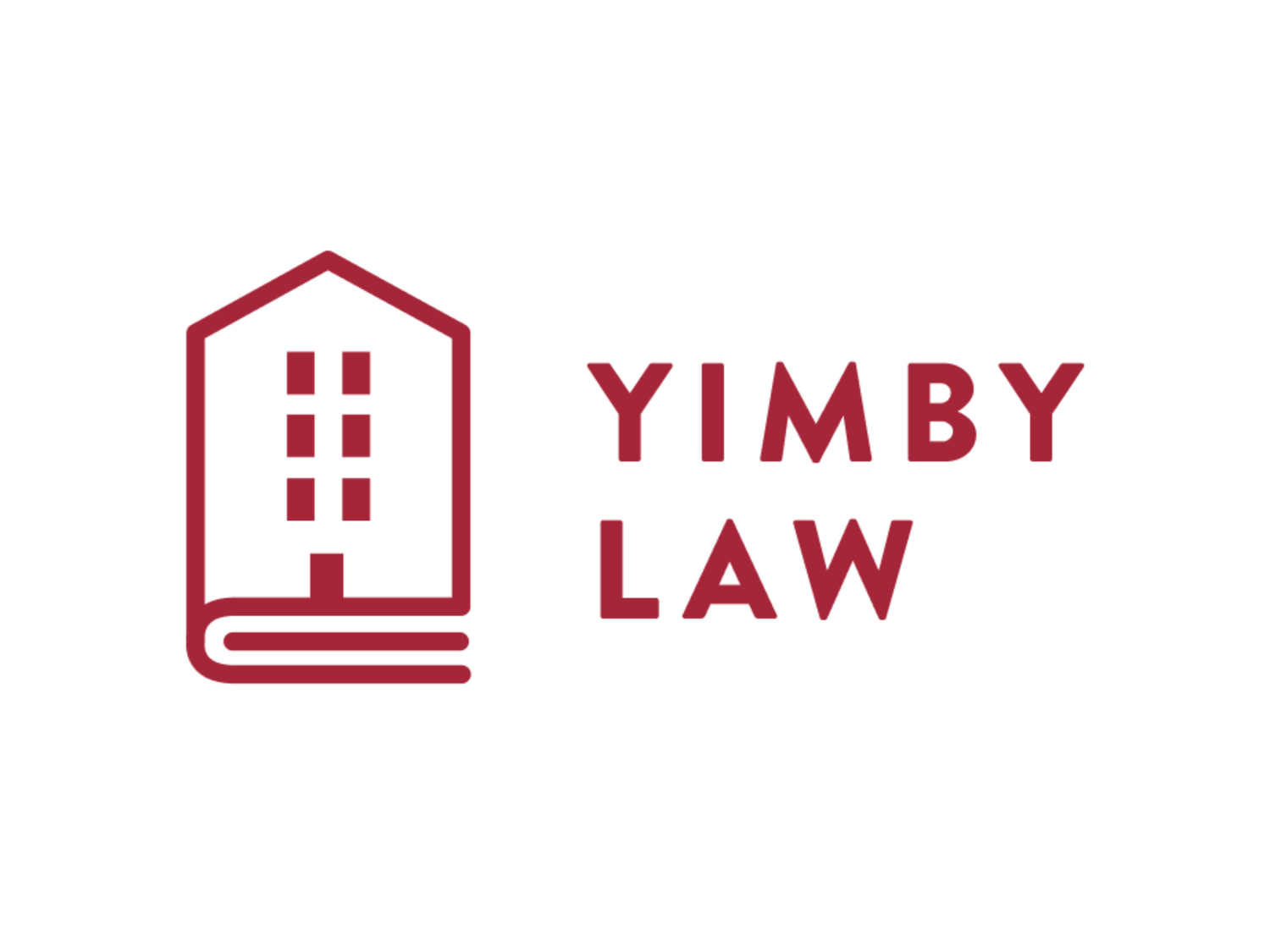The Original Meaning of the Fourteenth Amendment
/All citizens of the United States shall have the same right, in every State and Territory, as is enjoyed by white citizens thereof to inherit, purchase, lease, sell, hold, and convey real and personal property.
Civil Rights Act of 1866, 42 U.S.C. § 1982. It’s true: this is (part of) the original meaning of the Fourteenth Amendment.
Now, in a series about Supreme Court jurisprudence, I’d better disclose my receipt of a gift: in 2021, some conservative think tank—I think AEI, but I really don’t recall—offered me, then an attorney at the libertarian Institute for Justice, a free copy of The Original Meaning of the Fourteenth Amendment by Profs. Randy Barnett and Evan Bernick. Randy Barnett wrote the study guide that got me an A- in contracts at Michigan Law, and I worked with Evan at the Institute for Justice in the mid-2010s. Both were, and are, inspiringly smart guys. I accepted.
-
The Federalist Society is a nonpartisan 501(c)(3) nonprofit whose co-chairman, Leonard Leo, also “assisted with the Gorsuch and Kavanaugh Supreme Court selection and confirmation process” and “organized the outside coalition efforts in support of the Roberts and Alito U.S. Supreme Court nominations,” per his official Federalist Society bio (accessed Aug. 30, 2023). Your correspondent was a card-carrying member of the Federalist Society from 2011–17 or so, and appreciates its work—“parts, anyway. I didn’t like seeing Donny go” sneak his enablers a Court seat, as if public opinion matters only when one stands to win rather than lose the power to nominate. “I guess that’s the way the whole durned human comedy keeps perpetuatin’ itself, down through the generations, westward the wagons, across the sands of time until we—ah, look at me. I’m ramblin’ again.” The Stranger, The Big Lebowski (1998).
For some 40 years now, the Federalist Society has connected lawyers, judges, law students, and policy experts around the idea that the Constitution should be interpreted according to its “original meaning,” which some say courts once neglected to do. This author finds the notion of controversy here a bit stale: federal courts routinely (if imperfectly) strive to give constitutional provisions their intended effect, and I’m aware of no precedent that consciously holds otherwise.
It’s well worth learning the original meaning of the Fourteenth Amendment. The funny thing about some (not all) self-styled “originalists” is that they’re often the same ones attacking “woke” strawmen, years too late for the term’s pop-culture zenith in 2016. It’s funny because, as an original matter, the Fourteenth Amendment is antiracist. I recommend Barnett & Bernick’s book, yet there are plenty of other places one could start.
The Fourteenth Amendment is the most American part of the U.S. Constitution. Federalism: the Swiss. Separation of powers: Montesquieu. Freedom: time immemorial, or at worst the state of nature. Equal protection of the laws: this is America. (Definitely not ancient Athens.) We the People say so.
Now, the Fourteenth Amendment stands for a lot of things. It’s where birthright citizenship comes from, and it’s also what disqualifies insurrectionists from office. See Baude & Paulsen, The Sweep and Force of Section Three, 172 U. Pa. L. Rev. (forthcoming 2024). But we’ll spend the next three posts exploring just the second sentence of Section One, which does much—maybe most—of the constitutional work you’ve ever read or heard about:
No State shall make or enforce any law which shall abridge the privileges or immunities of citizens of the United States;
nor shall any State deprive any person of life, liberty, or property, without due process of law;
nor deny to any person within its jurisdiction the equal protection of the laws.
U.S. Const., amdt. XIV, § 1 (line breaks added). These three clauses stand, respectively, for freedom, the rule of law, and equality. Each clause has a name: the Privileges or Immunities Clause; the Due Process Clause; and the Equal Protection Clause. The United States Reports tell their story.
The original meaning of the Fourteenth Amendment was, in part, to constitutionalize the Civil Rights Act of 1866. See, e.g., Barnett & Bernick, supra. That’s the federal statute, still in force today, that the Supreme Court upheld (as enforcing the Thirteenth Amendment) in Jones v. Alfred H. Mayer Co., 392 U.S. 409, 437–44 (1968). The upshot is that, even if Congress repealed the Civil Rights Act of 1866—and it certainly has not—the Fourteenth Amendment would still mandate equal protection for the right to “inherit, purchase, lease, sell, hold, and convey” a home. 42 U.S.C. § 1982.
Think about that.


